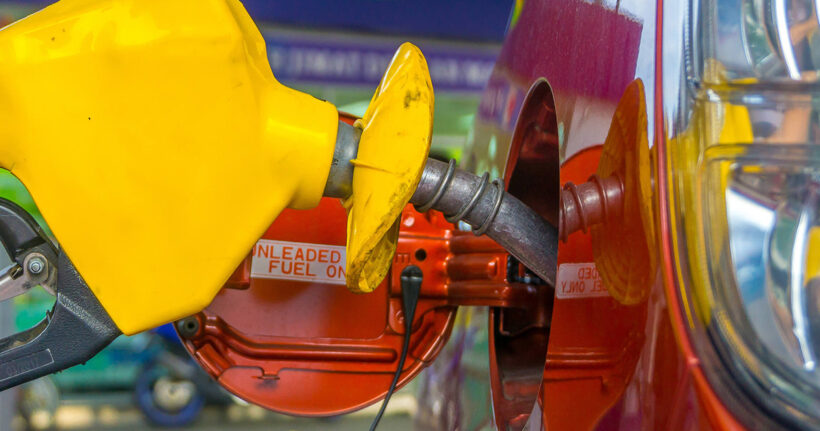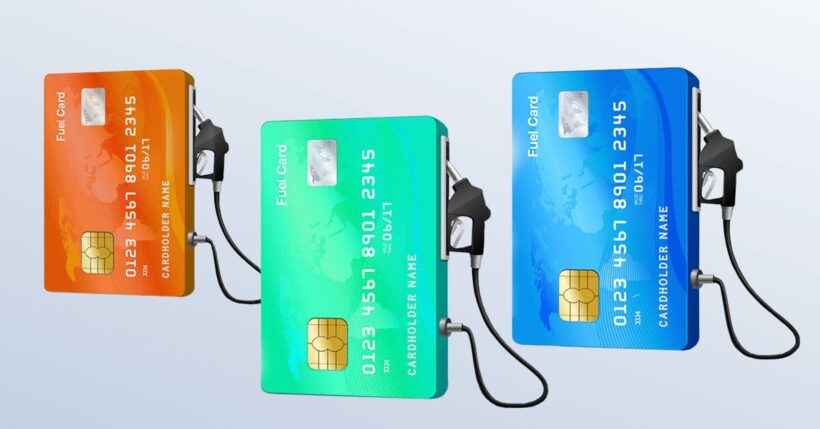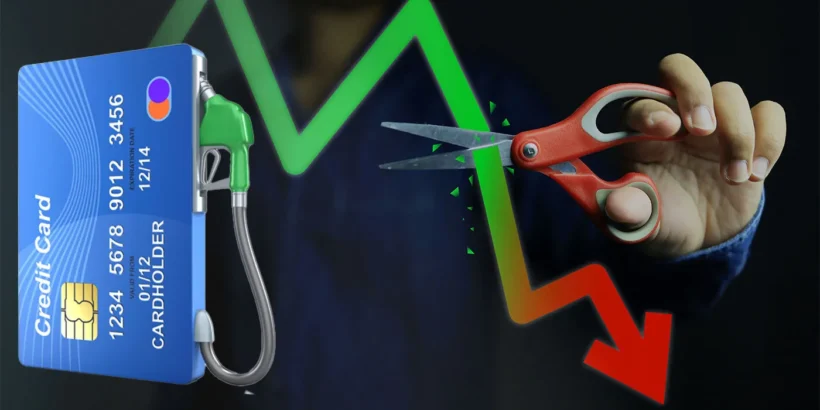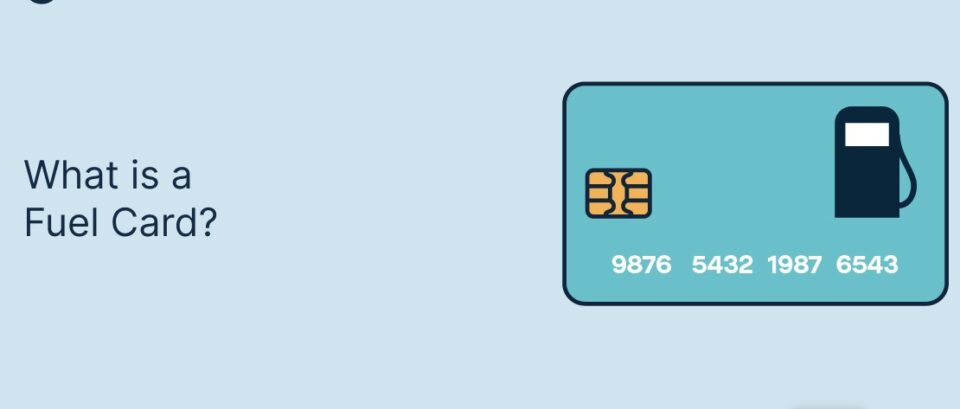Insideouralways-changing business scenario, where efficiency and cost-effectiveness reign supreme, the strategic management of fuel expenses stands as a critical facet for enterprises aiming to bolster their operational prowess. As organizations navigate the intricacies of day-to-day operations, fuel cards have emerged as invaluable tools, offering a multifaceted solution to the perennial challenges associated with fuelling processes. Beyond mere transactions at the pump, these cards have evolved into sophisticated instruments designed to empower businesses with enhanced savings, financial dexterity, and meticulous control over their expenditures. This comprehensive exploration aims to unravel the myriad benefits and features those businesses, irrespective of industry or size, can harness by integrating fuel cards into their operational framework. By adopting a brand-agnostic perspective, we seek to shed light on the overarching advantages that make fuel cards a compelling asset in the arsenal of modern businesses striving for fiscal prudence and operational excellence. To gain further info on managing fuel expenses, feel free to visit the link.
Fuel Efficiency and Cost Savings

One of the primary rewards of utilizing fuel cards is the potential for cost savings. These cards often come with discounts or rebates, enabling businesses to save a certain amount per gallon of fuel. The ability to save on fuel costs pays to total expenditure reduction, positively impacting the bottom line.
Financial Flexibility for Businesses
Fuel cards provide businesses with a degree of financial flexibility. Unlike traditional credit cards, many fuel cards do not have setup or annual fees. This absence of additional costs can be particularly helpful for trades looking to manage their budget effectively, allowing for more predictable and controlled expenses.
Universal Acceptance and Convenience
Generic fuel cards often come with the advantage of universal acceptance. This means they can be used not only at specific fuel stations but also at a broader network of gas stations and service locations. This widespread acceptance offers convenience to businesses with mobile workforces or those operating in diverse geographic locations.
Expense Tracking and Control
An essential feature of fuel cards is the ability to track and control expenses. These cards typically provide detailed reports on fuel purchases, allowing businesses to monitor where, when, and how much is being spent on fuel. This level of transparency aids in better financial planning and budget management.
Employee Spending Control

Cards for gas or petrol or diesel allow businesses to exert control over employee spending. Employers can set limits based on factors such as location, amount, time of day, or even specific products. Additionally, some cards may require driver PIN authorization, adding an extra layer of security and reducing the potential for misuse.
Streamlined Accounting Processes
Managing paperwork associated with fuel expenses can be time-consuming. Fuel cards often offer automated accounting and expense tracking features, eliminating the need for businesses to collect and process individual fuel receipts manually. This not only saves time but also ensures accurate and efficient record-keeping.
Mobile Account Management
We’re in the era of digital connectivity,& fuel cards usually come with user-friendly mobile apps for account management. These apps enable businesses to access their accounts on the go, view and filter transactions, make or schedule payments, and stay informed about available credit. This level of accessibility contributes to efficient business operations.
Enhanced Security Measures
Such cards go outside their primary function of cost-effective fuel transactions by incorporating robust security features. In an era where digital threats loom large, these cards often employ advanced security protocols, including PIN authorization and real-time transaction monitoring. This heightened security not only safeguards businesses against fraudulent activities but also instils confidence in the overall financial management system. As enterprises grapple with the importance of data protection, fuel cards emerge as a secure conduit for managing fuel expenses, mitigating risks, and fortifying the financial integrity of the organization.
Environmental Sustainability Integration

Fuel cards play a great act in promoting sustainable practices within businesses. Many fuel card providers collaborate with fuel suppliers offering eco-friendly alternatives, such as biofuels or electric charging stations. By incentivizing the use of cleaner energy sources, fuel cards contribute to an organization’s corporate social responsibility initiatives. With this amazing and useful card, businesses can match their fuel management strategies with environmental sustainability goals, not only reducing their carbon footprint but also enhancing their brand image & meeting the expectations of environmentally conscious stakeholders.
Brief: Picking the Correct Solution
In essence, as businesses continue to navigate the complexities of an ever-evolving economic landscape, the imperative to optimize fuel management processes has never been more pronounced. The overarching benefits presented by fuel cards serve as a strategic compass for enterprises aiming to steer through the challenges of operational efficiency and financial prudence. Beyond the nuanced differences in features among various providers, the generic advantages encapsulate a spectrum of transformative elements. These encompass not only tangible benefits such as cost savings and universal acceptance but also intangible yet invaluable attributes like enhanced financial flexibility, meticulous expense tracking, and streamlined accounting processes. In embracing a brand-agnostic perspective, businesses can unlock the full potential of fuel cards, elevating them from mere transactional tools to integral components of a well-rounded strategy for operational excellence. By digging into these multifaceted advantages, businesses can arm themselves with the knowledge needed to make discerning choices, fostering resilience, and fortifying their foundations for sustained success in an ever-demanding business environment.
FAQs: Role of Fuel Cards in Efficient Business Fuel Management

- Q: What are the primary benefits of using fuel cards for businesses?
A: Fuel cards offer cost savings through discounts or rebates, contributing to overall expenditure reduction.
- Q: How do fuel cards provide financial flexibility to businesses?
A: Unlike traditional credit cards, many fuel cards come without setup or annual fees, providing businesses with predictable and controlled expenses.
- Q: What is the advantage of universal acceptance associated with generic fuel cards?
A: Generic fuel cards can be used not only at specific fuel stations but also at a broader network of gas stations and service locations, offering convenience to businesses.

